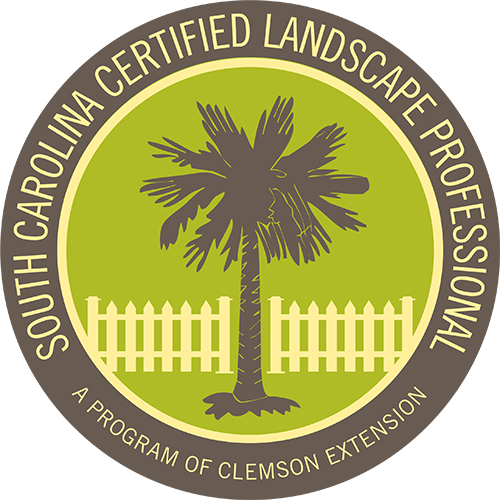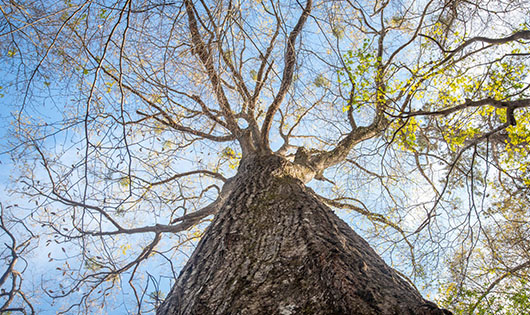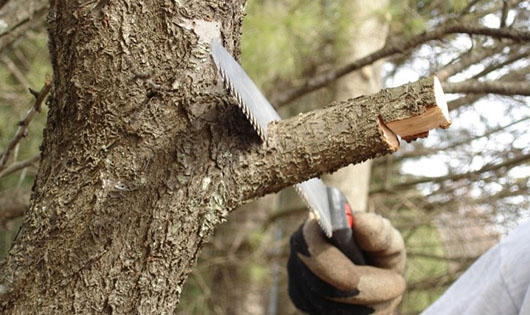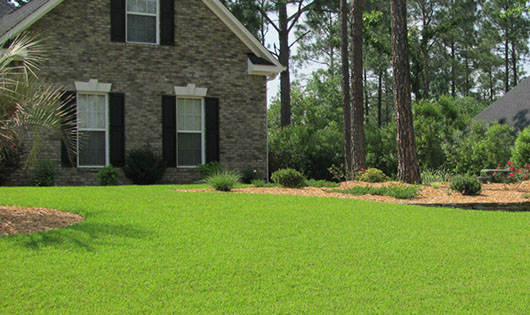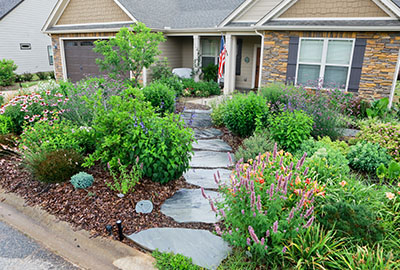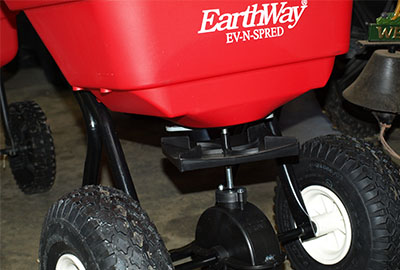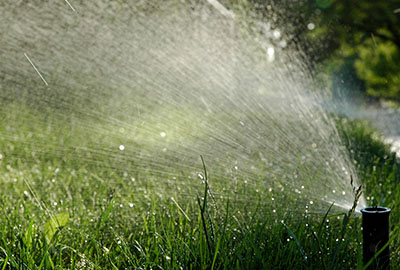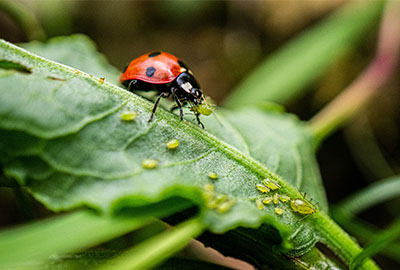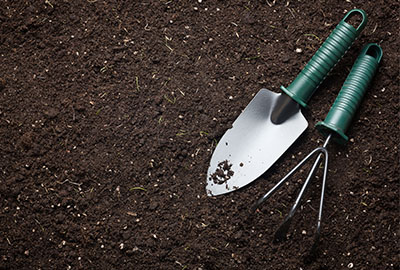
Soils and Plant Biology
This module focuses on understanding the basics of soils and plant physiology. This module provides an important foundation to the rest of the course. Learning physiology will help you learn how plants work and why we perform certain tasks.
Topics include:
- Understanding and Amending Soils
- General Plant Biology & Nutrition
- Fertilizers
- Site Assessment
- Planting Bed & Soil Preparation

